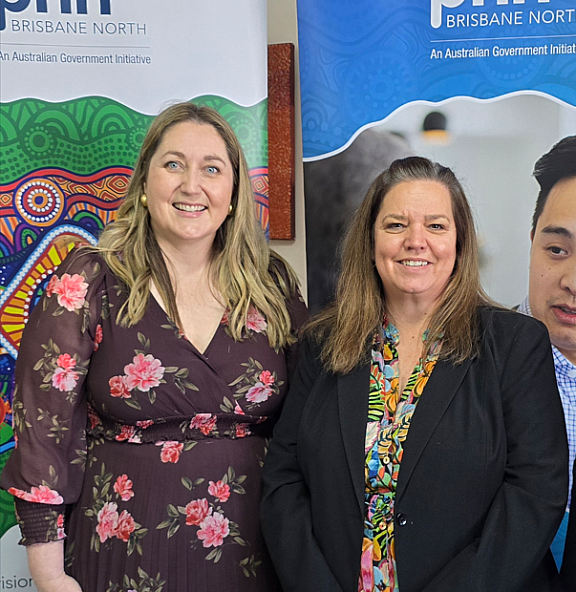
Announced: North Brisbane and Moreton Bay Medicare Mental Health Centres opening from July
Mar 27, 2025
Aug 01, 2019

From 1 August 2019, general practices participating in quality improvement activities are eligible to receive the PIP Quality Improvement (QI) Incentive payment.
Under the PIP QI Incentive, general practices work with their local Primary Health Network (PHN) to undertake continuous quality improvement activities through the collection and review of practice data on specified improvement measures. There are two components a general practice needs to meet to qualify for a PIP QI Incentive payment:
1. Participate in continuous quality improvement
The PIP QI Incentive rewards practices for participating in continuous quality improvement activities in partnership with their local PHN.
2. Provide the PIP eligible data set to your local PHN
The PIP eligible data set is the data collected against specified improvement measures. General practices must submit to their local PHN on a quarterly basis the PIP eligible data set from their general practice clinical information system.
From the 1st August, General practices can apply for the PIP QI Incentive online through Health Professional Online Services (HPOS) using their Provider Digital Access (PRODA) account. For more information visit humanservices.gov.au/hpos. Once practices have registered for the PIP QI they will need to notify their Primary Care Liaison Officer.
The draft guidelines, improvement measures and data governance framework are now available to view on the Department of Human Services website. The draft guidelines indicate participating practices will receive $5.00 per Standard Whole Patient Equivalent (SWPE) capped at $12, 500 per quarter.
For further information on applying for the Practice Incentives Program visit http://bit.ly/humanservices-PIP.

We acknowledge the Traditional Custodians within our region: the Jagera, Turrbal, Gubbi Gubbi, Waka Waka and the Ningy Ningy peoples of where we meet, work and learn. Brisbane North PHN is committed to reconciliation. Our vision for reconciliation is where the stories of our First Nations’ people are heard and shared, and networks are formed.